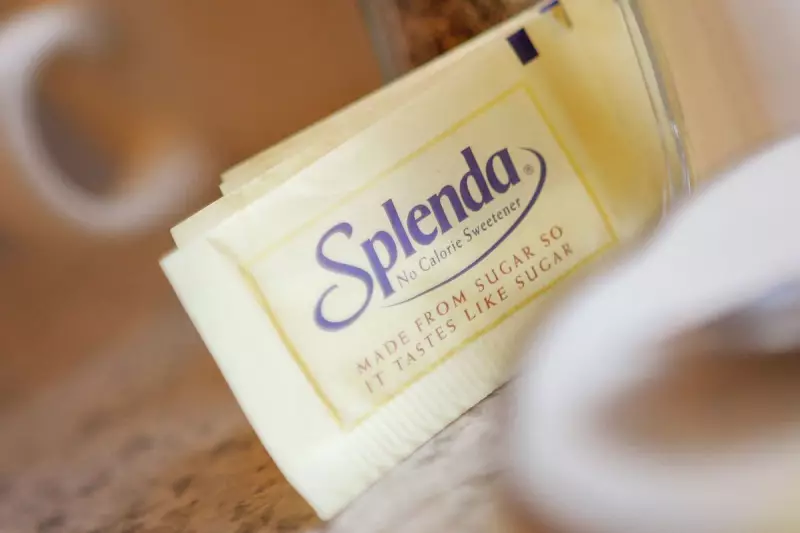
New research has raised concerns that sucralose, a widely used artificial sweetener, may interfere with cancer treatments. A study published in a leading scientific journal suggests that the sugar substitute could alter cellular mechanisms, potentially reducing the effectiveness of chemotherapy and other therapies.
How Sucralose Affects Cancer Treatments
The study found that sucralose may influence the way cells respond to DNA damage, a key factor in cancer progression and treatment. Researchers observed that the sweetener could impair the function of certain proteins involved in repairing damaged DNA, which might hinder the success of treatments like chemotherapy.
Potential Risks for Patients
While further studies are needed, oncologists caution that cancer patients should be aware of these findings. "If sucralose does interfere with treatment efficacy, it could have serious implications for patient outcomes," said one researcher involved in the study.
What This Means for Consumers
Although sucralose is considered safe by regulatory bodies, this new research highlights potential risks that warrant further investigation. Experts recommend that individuals undergoing cancer treatment consult their doctors before consuming products containing artificial sweeteners.
- Sucralose is commonly found in diet sodas, sugar-free snacks, and low-calorie desserts.
- Previous studies have linked artificial sweeteners to metabolic changes, but this is the first to suggest a direct impact on cancer therapies.
As research continues, health professionals urge caution and further scrutiny of long-term sweetener consumption.





